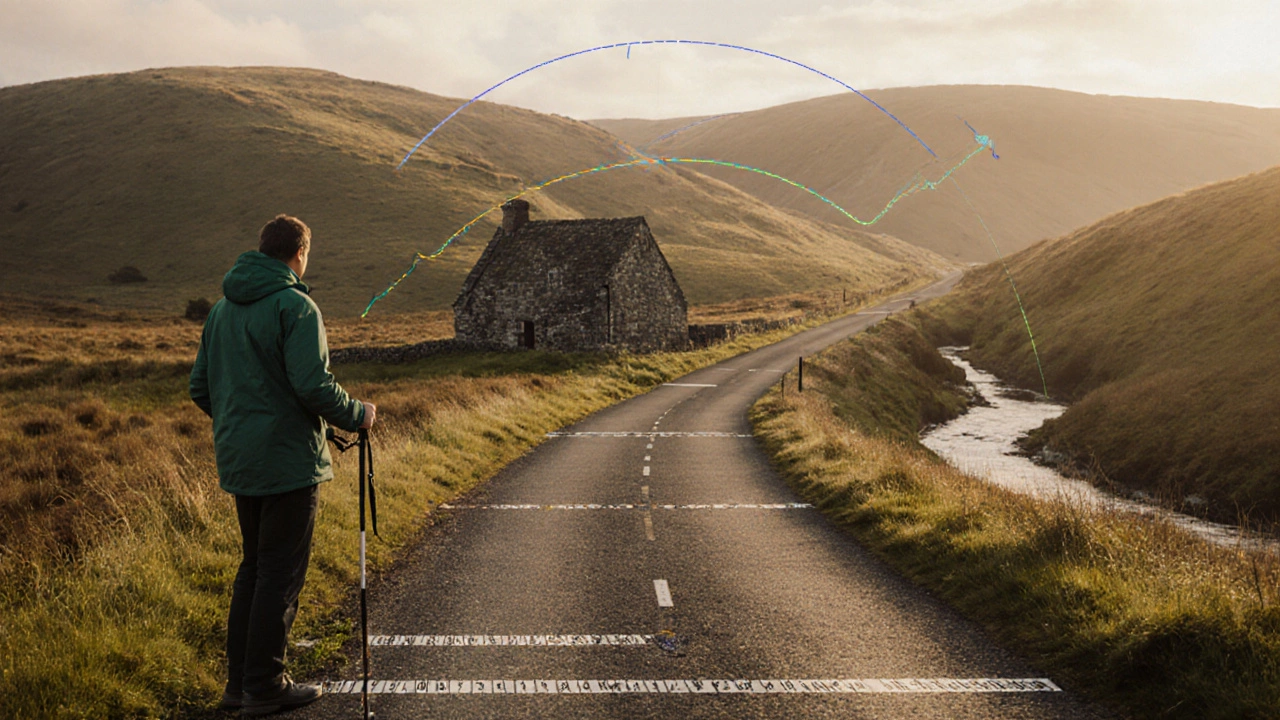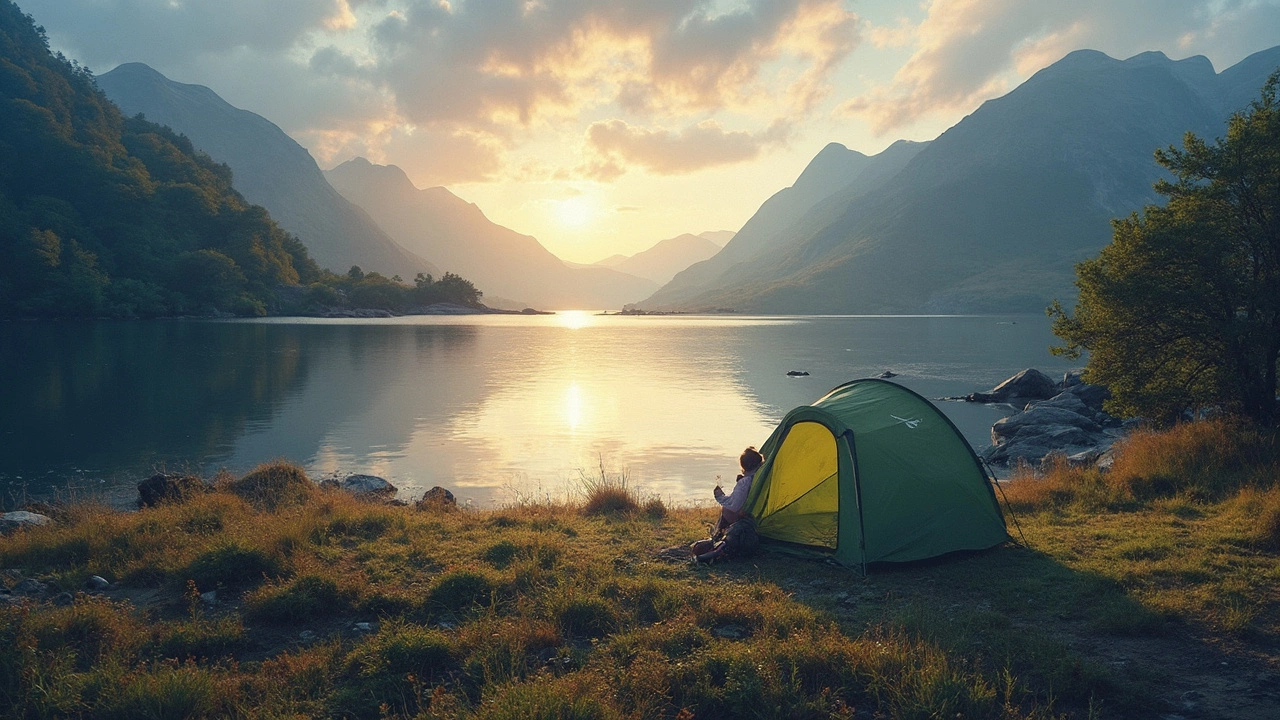UK Camping: Your Essential Guide to Camping Across Britain
Thinking about hitting the open road in a motorhome or setting up a tent by the sea? The UK has a mix of stunning coastlines, quiet forests and quirky laws that can make a trip feel both exciting and confusing. This guide pulls together the most useful advice, from where you can legally camp to hidden spots that only locals know about.
Legal Basics and Safety
First thing’s first – you need to know what you can and can’t do. In England and Wales, wild camping is only allowed in a few places, but Scotland is far more relaxed thanks to the “right to roam.” That means you can pitch a tent on most uncultivated land, as long as you follow basic rules: stay away from crops, keep noise low and leave no trace. In the rest of the UK, staying in a designated campsite is the safest bet.
Stealth camping – sleeping overnight in a car or van without a permit – sits in a legal grey area. Police can ask you to move if you’re in a prohibited spot, but many motorhome owners report getting away with a night‑in‑the‑wild if they pick quiet lanes and stay discreet. The key is to respect private property, avoid residential areas and keep your vehicle tidy.
Safety isn’t just about the law. Weather can change fast, especially in the moors or on the coast. Pack a waterproof jacket, a warm sleeping bag and a portable heater that’s safe for indoor use. If you’re using a 12‑volt TV or other electronics, make sure your battery setup follows the advice from our post on running a TV off a battery – it’ll keep you powered without draining your system.
Best Campsites and Hidden Gems
If you prefer a proper site, the UK’s National Parks offer a range of options. From the Lake District’s family‑friendly pitches to the rugged beauty of Snowdonia, you’ll find each park’s rules on their official website. For a truly unique experience, try “cowboy camping” – sleeping under the stars with just a tarp and sleeping bag. It’s legal in many remote areas as long as you’re not on private land.
Coastal lovers, listen up: beach camping is a dream but comes with strict rules. In places like Cornwall and the Northumberland coast, you can camp on designated beaches, but you must arrive early, set up low‑key and leave before the tide comes in. Our guide to beach camping explains how to avoid fines and what gear makes a seaside night comfortable.
Looking for free spots? Some forests let you camp for free if you follow a few guidelines. For example, Wisconsin State Forests in the US have a similar system – you can take that idea to the UK’s Forest of Dean or the Brecon Beacons, where dispersed camping is sometimes tolerated if you’re low‑impact. Always check the local authority’s website before you pitch.
Finally, don’t forget the perks of staying at a campsite with facilities. Many sites now offer 12‑volt power, fresh water and Wi‑Fi, which makes using a 12‑volt TV or charging your devices a breeze. If you’re planning an extended road trip, mixing free wild spots with a few paid sites can stretch your budget while still giving you the comforts you need.
Whether you’re a seasoned van‑owner or a first‑time tent camper, the UK has something for every style. Keep the legal basics in mind, pack smart, and you’ll enjoy countless nights under the British sky without a hitch.
-
 VIEW POST
VIEW POSTWhat Does the UK 36 Rule Mean for Campsites?
Oct, 14 2025|0 CommentsLearn what the UK 36 rule means for campsites, why it matters, how to apply it, and what can happen if you ignore the guideline. -
 VIEW POST
VIEW POSTWhere to Camp for Free in the UK: Top Spots for Wild Camping
Mar, 2 2025|0 CommentsExplore the legal options for wild camping in the UK, an adventure that allows you to connect with nature without breaking the bank. From the rugged landscapes of Scotland to specific areas in Dartmoor, discover where you can legally pitch your tent for free. We cover essential tips, legal insights, and the best regions for a unique outdoor experience. Learn how to camp safely, minimize your impact on the environment, and fully enjoy the UK's natural beauty. Whether you're a seasoned camper or new to the wild, these tips will help you plan your next camping trip.